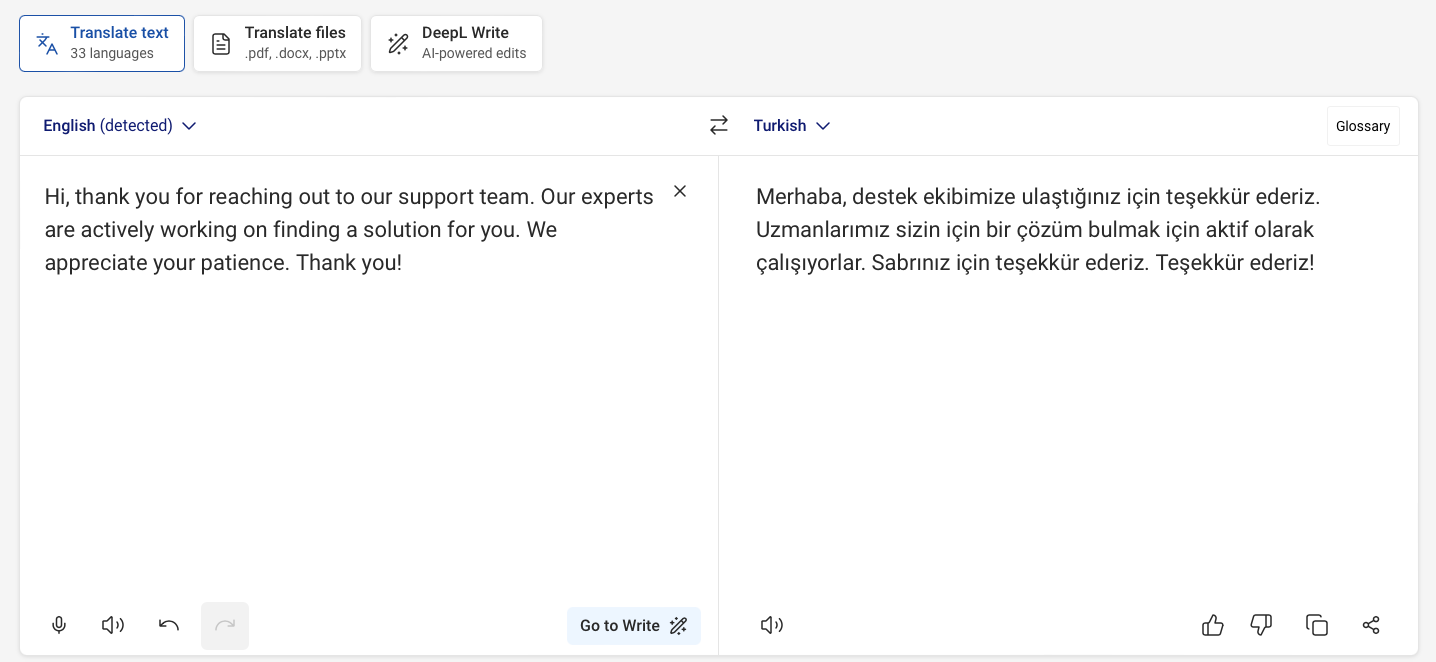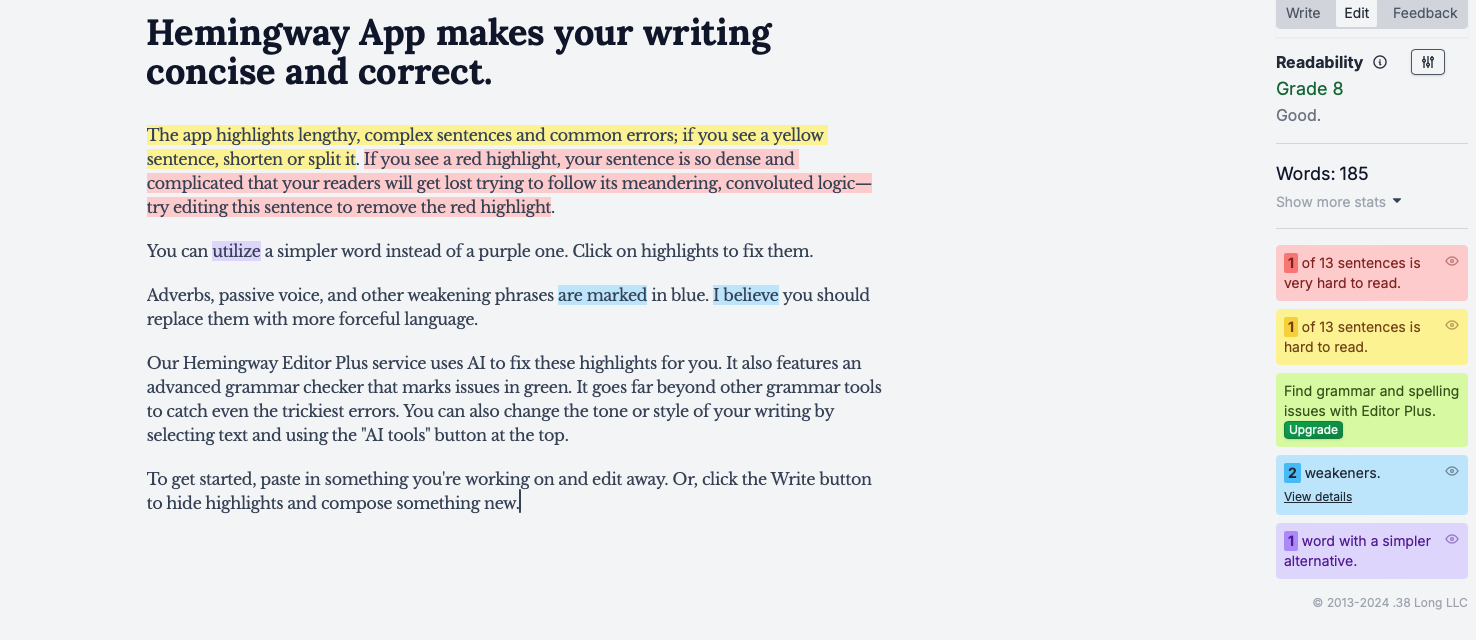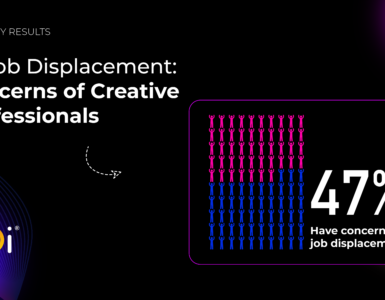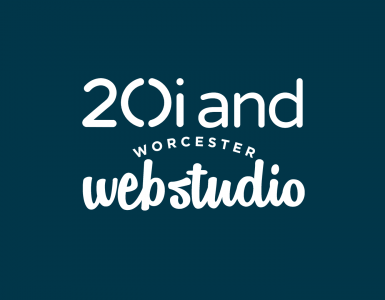AI usage is at an all-time high. In fact, our recent AI survey revealed that among web professionals, 39% use AI daily, while 40% incorporate it into their workflows weekly. These figures underscore the transformative role of AI in professional settings.
Leveraging AI is one of the most effective ways to elevate your brand and content strategy. Whether refining your brand identity, optimising SEO, or personalising customer experiences, AI tools are revolutionising how businesses connect with audiences and streamline content strategies.
In this blog post, we explore how brands and small businesses can use AI tools to enhance their strategies, improve efficiency, and stand out in competitive markets.
Refresh Your Brand Identity
A strong brand identity creates a lasting impression, and AI tools are making it easier than ever to revitalise how your business is perceived.
Your logo, for example, is often the first interaction a potential customer has with your brand. If it feels outdated or misaligned with your values, it might be time for a redesign.
AI-powered design tools like Brandmark simplify the logo design process, allowing you to experiment with ideas quickly. These platforms often include branding packages for social media, websites, and marketing collateral, ensuring a cohesive identity.
I tested Brandmark by designing a logo for a baking blog called Bakers Book. After entering simple inputs like the brand name, keywords, and colour palette, I was presented with several designs tailored to the concept. Here are a few of the options generated:


Small business owners can use these tools not only for logos but also for creating colour schemes, typography suggestions, and mockups for various platforms, cutting costs and time spent on external designers.
Audience Insights
Knowing your audience is foundational for marketing success. AI can analyse customer data to provide actionable insights that would otherwise take hours or even days to uncover.
AI tools like ChatGPT can generate detailed audience personas based on your niche. For example, when I asked ChatGPT to create personas for a French baking blog, it delivered profiles like The Aspiring Home Baker, The Passionate Culinary Enthusiast, and The Health-Conscious Baker, each with distinct needs and goals.
By combining these personas with analytics tools like Google Analytics or AI-powered CRM systems such as HubSpot, businesses can further refine their understanding of user behavior. AI also helps predict trends, offering guidance on future campaigns or content themes.

SEO Optimisation
SEO is a critical factor in driving organic traffic. AI tools like SEMrush and Surfer SEO excel at analysing search trends, uncovering high-performing keywords, and suggesting ways to improve content rankings.
These tools go beyond just keywords. They recommend structural changes, optimal meta descriptions, and even competitor comparisons.
For example, Surfer SEO scores your content against top-ranking pages for a given keyword, helping you adjust your content for better search engine performance.
By integrating these insights, you can ensure your content stays visible, competitive, and aligned with your audience’s needs.

Multilingual Content
Expanding globally requires reaching audiences in their native languages. AI-powered translation tools like DeepL or Google Translate streamline the process of creating multilingual content for blogs, product descriptions, and customer support materials.
In addition to translation, AI tools such as Lokalise or Transifex assist with localisation, helping to adapt your content to specific cultural contexts. This is especially valuable for eCommerce businesses targeting international markets.
AI can also improve real-time customer support with multilingual chatbots, helping your business connect authentically with diverse audiences.

Proofreading and Fact-Checking
Polished and accurate content is essential for building credibility. Tools like Grammarly and Hemingway Editor improve grammar, sentence flow, and tone, while platforms like Factmata ensure factual accuracy by cross-referencing data with reliable sources.
For instance, Factmata can automatically detect misinformation or harmful content, safeguarding your brand’s reputation.
Combined with tools like Copyscape, businesses can also prevent accidental duplication, ensuring originality and compliance with copyright laws.

AI: Your Strategic Partner?
AI isn’t just a tool, it’s a strategic partner in building your brand.
It enhances creativity, saves time, and ensures your content remains relevant in a competitive landscape. The key is to maintain authenticity while leveraging AI’s capabilities to elevate your brand.
Are there any innovative AI tools you’ve discovered? Share them in the comments below, we’d love to hear!







Add comment